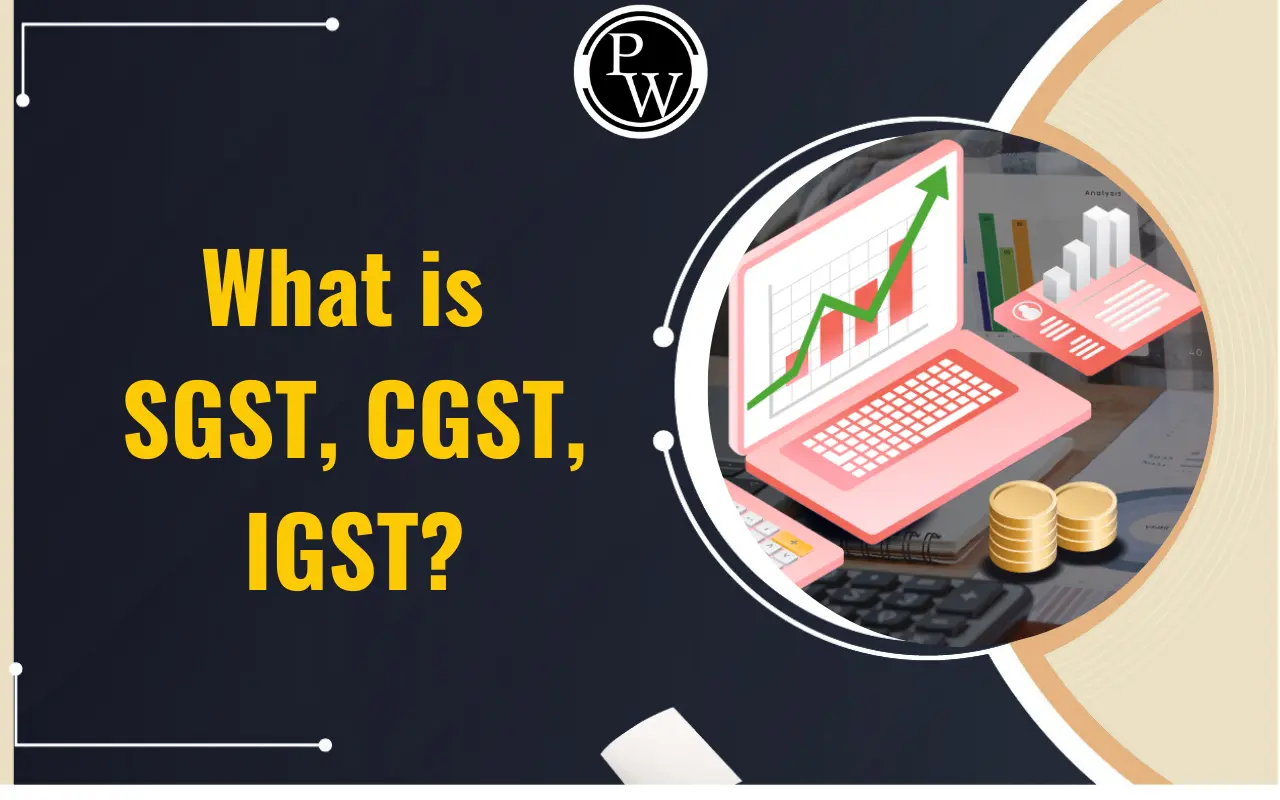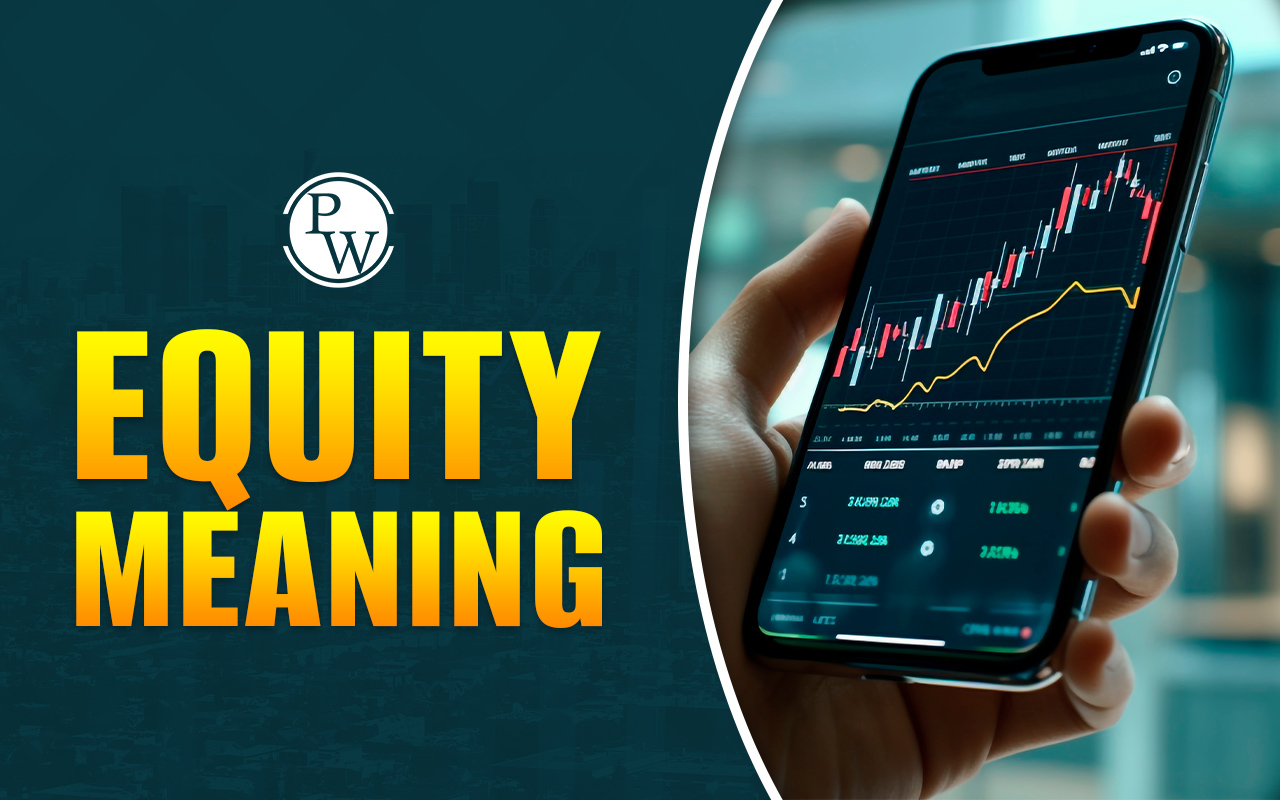
SAP Finance Course is a professional course that will teach one how to handle financial operations using SAP software, principally the SAP FICO (Financial Accounting and Controlling) and SAP S/4HANA software. It teaches about the major areas like general ledger accounting, accounts payable, accounts receivable, asset accounting, and financial reporting.
The course is important because many companies use SAP ERP systems to execute their financial activities. Knowledge of SAP Finance opens avenues for a professional to work in fields such as corporate finance, accounting, financial analysis, and enterprise resource planning.
Before taking the course, basic knowledge of accounting concepts is helpful. People can begin learning through introductory SAP Finance modules offered by various educational resources, either online or in classrooms. Find here complete details about the SAP Finance Course, eligibility, syllabus, job options, and more below.
SAP Online Finance Course
An Online SAP Finance Course is a structured program that teaches how to manage financial tasks. It focuses on helping learners understand how businesses use SAP systems to handle their finances accurately and efficiently. A major part of the course includes learning the SAP FICO module, which combines Financial Accounting (FI) and Controlling (CO).
The SAP FICO course is widely used in companies for tasks like tracking payments, managing budgets, handling taxes, and preparing financial statements. It also helps with internal planning and cost control. These skills are important for roles in accounting, finance, and ERP systems.
The course content often includes real-time practice using SAP software, allowing learners to apply what they learn in practical situations. Some versions of the course also include the SAP Accounting course, which teaches the basics of general ledger, accounts payable, asset management, and more.
The flexibility of an online format makes this course accessible to students, working professionals, and career switchers who want to build skills in SAP Finance without needing to attend in-person classes.
SAP Finance Course Eligibility
SAP Finance Course is suitable for individuals who want to build a career in financial management using SAP ERP systems. The following are the common eligibility requirements:
-
Educational Background: A graduating degree in Commerce, Finance, Accounting, Business Administration, or Engineering is typically preferred, even though some basic courses might accept students from 12th class; graduates can easily grasp financial concepts.
-
Professional Background: Accountants, financial analysts, ERP consultants, or anyone engaged in finance, auditing, or business process management will benefit from this course.
-
Basic Knowledge: A basic knowledge of accounting principles and ERP systems will help but is not mandatory for the introductory-level courses.
-
Age Criteria: There is no age limit for joining. Most learners are students, fresh graduates, or working professionals willing to hone their skills in SAP Finance.
SAP Finance Course Syllabus
SAP Finance Course syllabus mainly covers the SAP FICO module, which includes Financial Accounting (FI) and Controlling (CO). It also covers integration with other SAP modules and hands-on practice. SAP FICO course syllabus helps learners gain both theoretical knowledge and practical experience, making it useful for roles in financial consulting, SAP implementation, and ERP support. SAP Finance Course Syllabus as follows:
|
SAP Finance Course Syllabus Table |
|
|
Module |
Topics Covered |
|
Financial Accounting (FI) |
|
|
Controlling (CO) |
|
|
Integration Topics |
|
|
SAP S/4HANA & Practical |
|
Jobs After Completing SAP Finance Course
Completing an SAP Finance Course, especially in the SAP FICO module (Financial Accounting and Controlling), can lead to many job opportunities. There has been an increase in demand for skilled SAP finance professionals across various industries, such as IT, manufacturing, banking, retail, and logistics, as more companies switch to SAP S/4HANA and cloud-based ERP systems.
Entry-Level Jobs
-
SAP FICO Trainee / End User: Works with day-to-day financial transaction tasks, such as invoice entry, payment clearance, or financial document posting in regular SAP operations.
-
Junior SAP Consultant: Assists senior consultants in design, preparation, configuration, and testing of SAP finance modules.
-
SAP Support Executive: Resolves financial technical or process-related issues on SAP systems.
Mid and Senior-Level Jobs
-
SAP Functional Consultant (FI/CO): Plans and configures technical financial processes like reporting, cost control, and account management in SAP systems.
-
SAP Analyst: Analyzes financial data and generates reports for decision-making through SAP tools.
-
SAP Implementation Consultant: Oversees the implementation of SAP systems for companies, ensuring that all aspects are correctly administered.
-
SAP FICO Project Manager / Team Lead: Leads a team and manages large projects involving SAP Finance implementations.
Industries and Companies
SAP Finance professionals are needed in many sectors. Well-known employers include:
-
IT Services: TCS, Infosys, Wipro, Capgemini, Accenture
-
Consulting Firms: Deloitte, IBM, EY
-
Global Enterprises: Companies with in-house SAP ERP systems
Professionals with SAP FICO course certification and practical experience are preferred for roles in consulting, ERP support, and corporate finance teams. These roles offer both local and international job opportunities.
If you want to understand the basics of accounting and finance, a financial accounting course can help you build practical knowledge and industry-relevant skills. The Financial Accounting course by Physics Wallah (PW) is designed to teach key concepts in accounting, finance, and taxation through a structured online learning format. Enroll today!
SAP Finance Course FAQs
What is an SAP course in finance?
Is SAP Finance easy?
What is SAP course Salary?
What SAP can be used to do finance?










